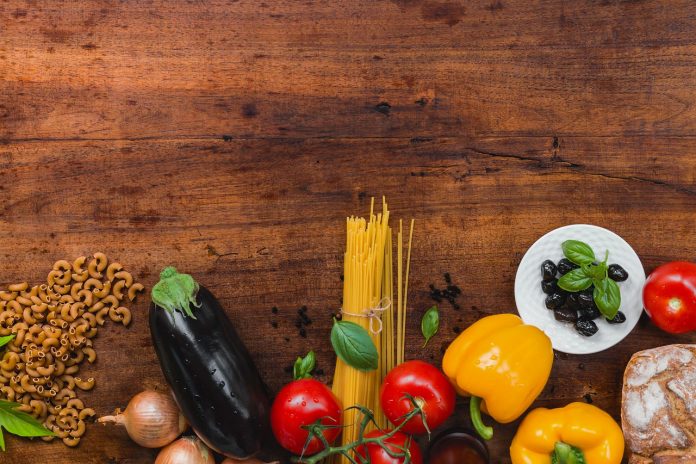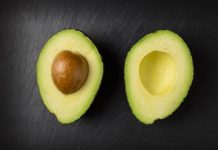
- real cheese (cheddar has 204 milligrams in 1 ounce)
- cream soups (1 cup cream of chicken made with milk 181 milligrams)
- custard (1 cup has 151 milligrams)
- pudding made with milk (1 cup has 110 milligrams)
- ice cream (1 cup has 230 milligrams).
Milk and milk products are by far the best sources of calcium. Other good food sources of calcium are:
- fortified dry cereal (3/4 to 1 1/3 cup Total has 1,000 to 1,104 milligrams, 3/4 cup Golden Grahams has 350 milligrams)
- collard greens frozen cooked (1 cup has 357 milligrams)
- rhubarb cooked (1 cup has 348 milligrams)
- sardines (3 ounces has 325 milligrams)
- potatoes au gratin (1 cup has 292 milligrams)
- spinach leaf or chopped frozen cooked (1 cup has 291 milligrams)
- spinach canned (1 cup has 272 milligrams)
- soybeans green cooked (1 cup has 261 milligrams)
- turnip greens frozen cooked (1 cup has 249 milligrams)
Try mashing your potatoes with milk, adding skim milk powder (fat free) to your coffee instead of powdered creamer and using milk in cooking.
Otherwise, I would advise you to consider a calcium supplement. You will need 1,200 milligrams of calcium per day for postmenopausal women 51+ years and 1,000 milligrams per day for women 19 to 50 years.
Your bones have the breaking strength of cast iron, but are flexible. The human skeleton is the slowest system to mature. Men’s bones peak by age 20 and tend to lose bone minerals at 4% every 10 years. Women’s bones maintain peak calcium content until menopause (assuming calcium intake meets the RDA) then lose 13% over the next 10 years. Delayed puberty and under nutrition like in anorexia or use of steroids can increase your risk of osteoporosis when bone is not build up in childhood and adolescence. You should choose high calcium foods and participate in a daily exercise program to keep your bones hard.



